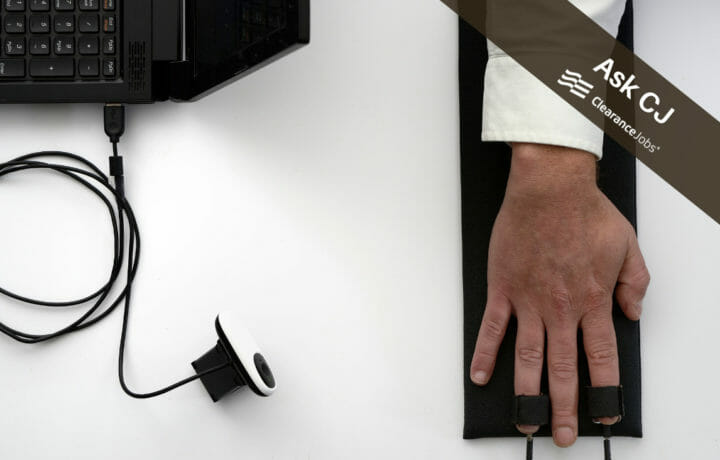Do you have serious crimes in your past? One ClearanceJobsBlog subscriber wasn’t sure how to handle theirs for their upcoming polygraph exam:
“I have an upcoming Full-Scope Polygraph scheduled and wanted some clarification on the “Have you ever committed a serious crime” question.
Everyone obviously will have a different interpretation of what specific crimes qualify as serious. But do agencies that conduct full-scope polygraphs have a standardized definition of what specific crimes they consider as serious?
I was hoping to gain clarity to prevent me from overthinking about how to interpret the question during my polygraph exam.”
HOW DID YOU ANSWER ON YOUR SF-86?
If the original poster completed their SF-86 thoroughly and honestly, they should continue their honest habits and relax. The purpose of the polygraph is typically to find issues that weren’t reported on the SF-86 or find instances of falsification – not to discover issues you’ve already disclosed.
Most of the criminal conduct questions on the SF-86 are “Have you ever been charged/convicted questions…” so if they were never charged for this mysterious, serious crime, perhaps they didn’t list it on the long form.
The questions you will be asked differ from agency to agency, but mostly consist of yes or no questions. So, if the examiner asks, “Have you ever been charged with a serious crime” and the answer is no, just answer no.
If the question is, “Have you ever committed a serious crime,” perhaps the correct response is “I don’t know.” Sometimes that really is the best answer.
One poster on the thread notes, “During the pre-test, you should ask the operator to define serious.”
If you receive a question that throws you off guard, it’s acceptable to plead your ignorance.
RULE OF THUMB IN POLY PREP
During the polygraph examination, if you are asked to deliberate something that could be considered a gray area, take a moment, and stick to the facts. With any information you are asked about, think about the question, and answer just that. Don’t overthink, don’t stress, and you will be fine. For other tips on preparing for the wires, click here.
Much about the clearance process resembles the Pirate’s Code: “more what you’d call guidelines than actual rules.” This case-by-case system is meant to consider the whole person, increase process security, and allow the lowest-risk/highest-need candidates to complete the process. However, it also creates a lot of questions for applicants. For this reason, ClearanceJobs maintains ClearanceJobsBlog.com – a forum where clearance seekers can ask the cleared community for advice on their specific security concerns. Ask CJ explores questions posed on the ClearanceJobs Blog forum, emails received, and comments from this site.



